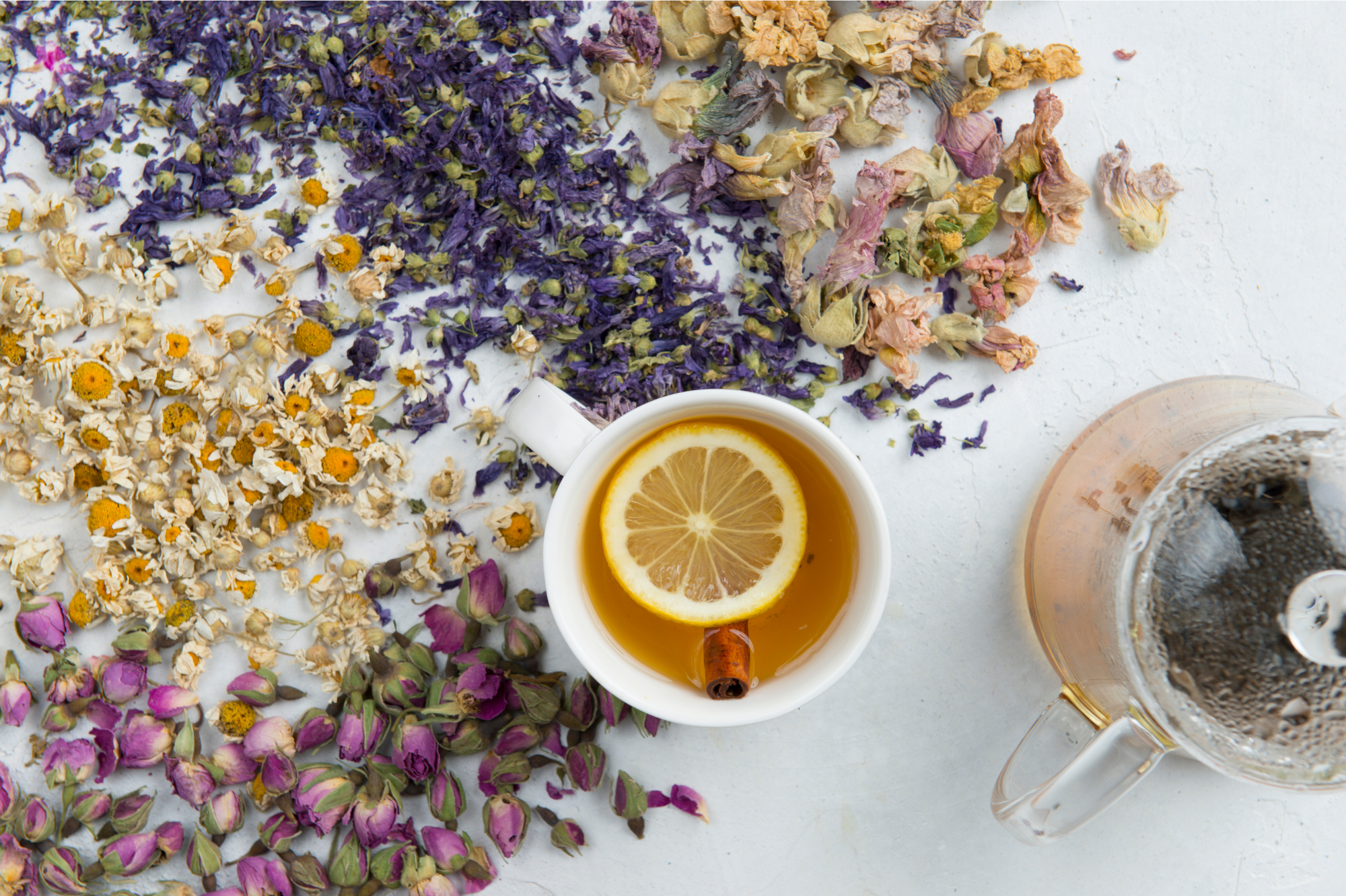
The Monday Tea Ritual That Will Set the Tone for Your Week
A simple tea ritual to start your Mondays with mindfulness

A simple tea ritual to start your Mondays with mindfulness

How to heal mentally, physically, and emotionally.
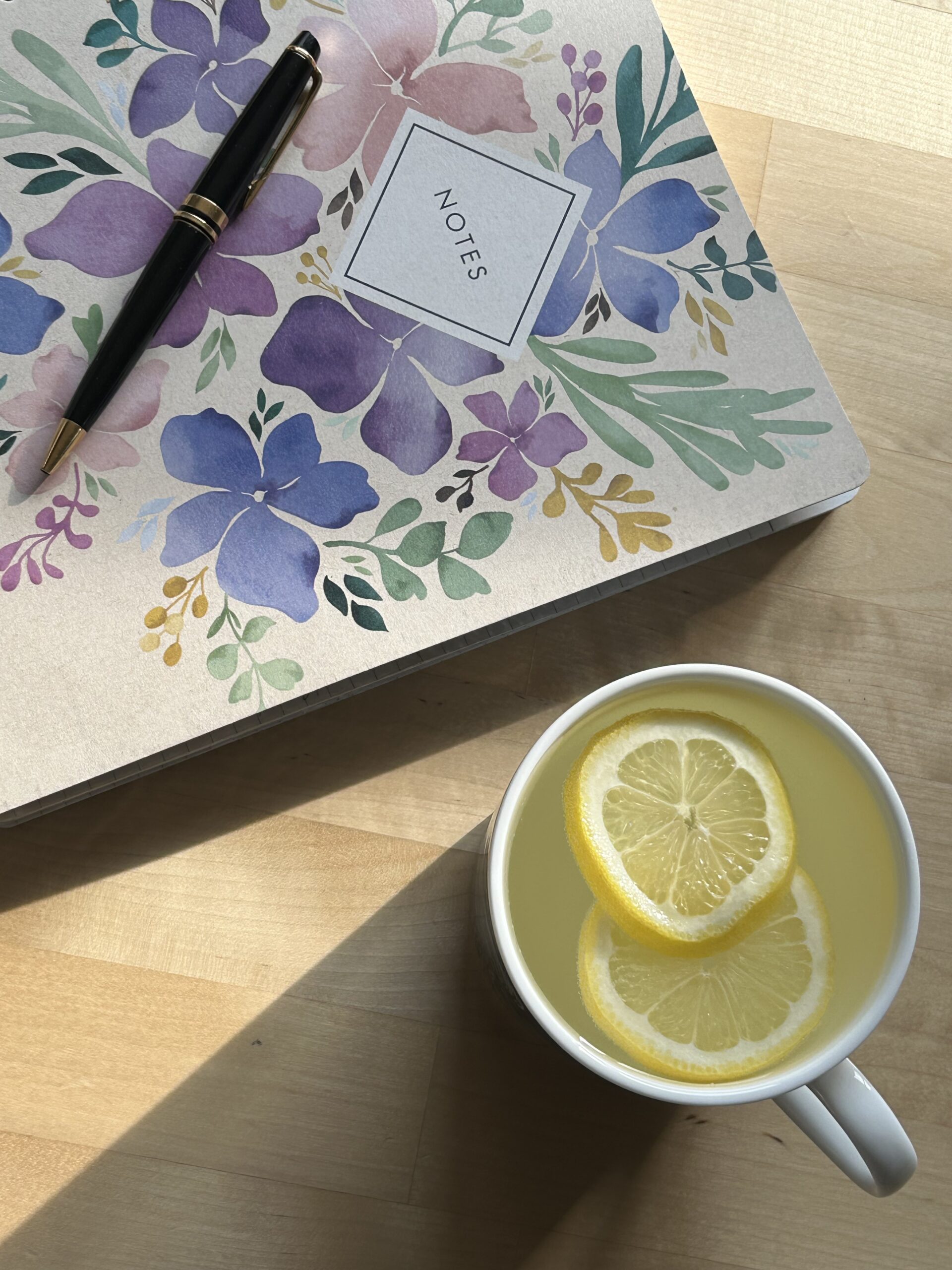
Small things that make a big difference when your mind feels full
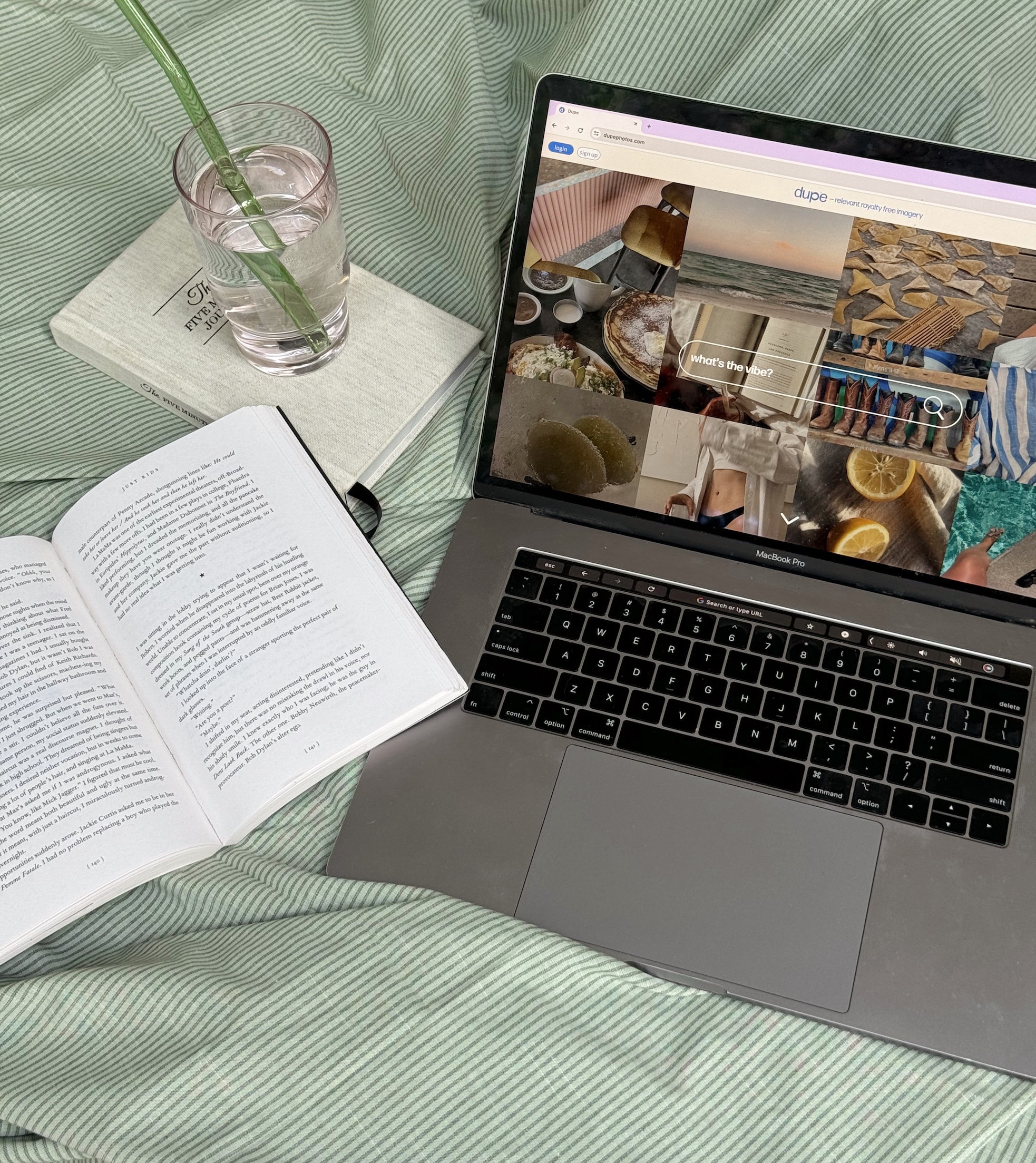
You’re doing great and I’m so proud of you!

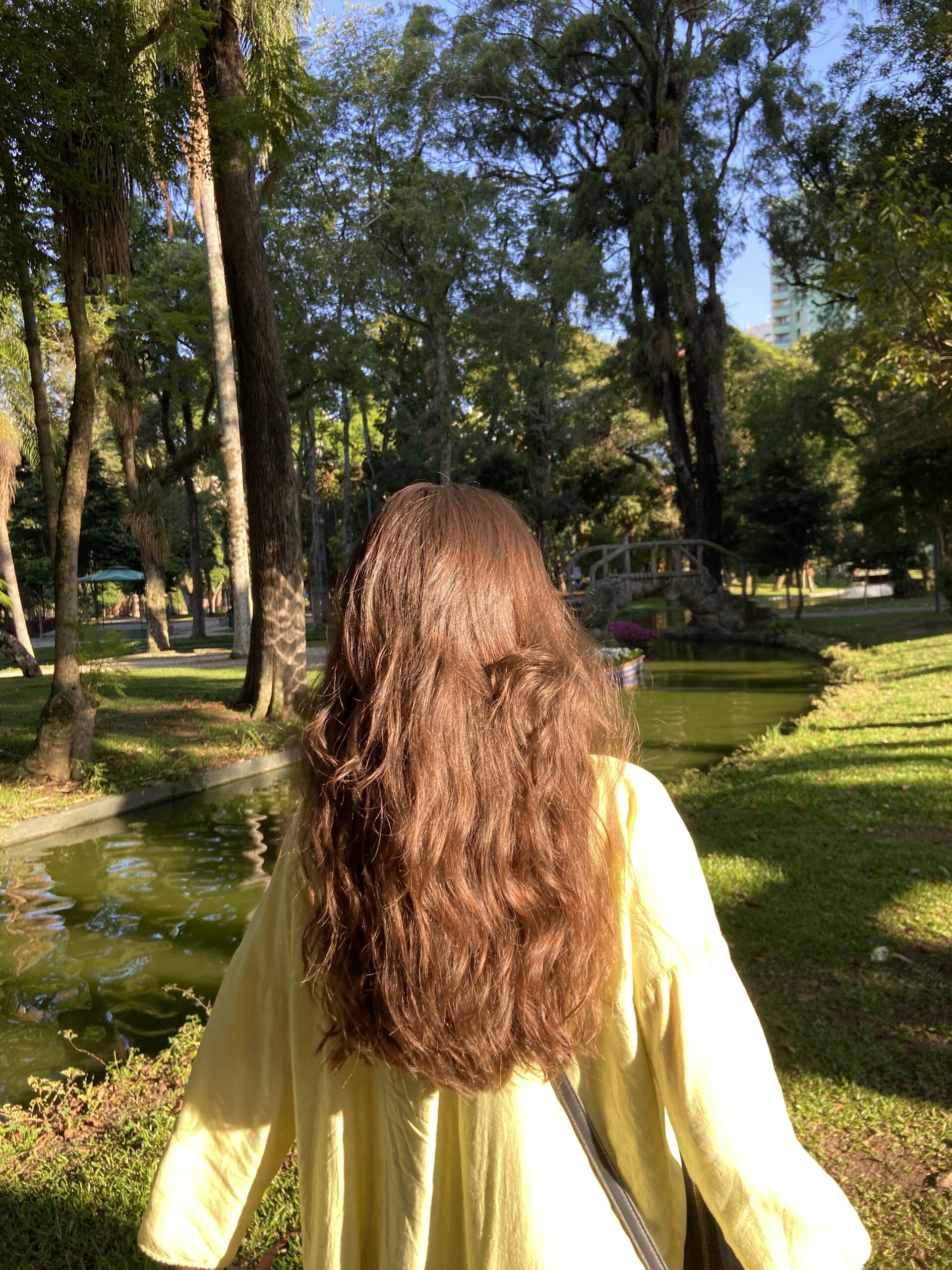
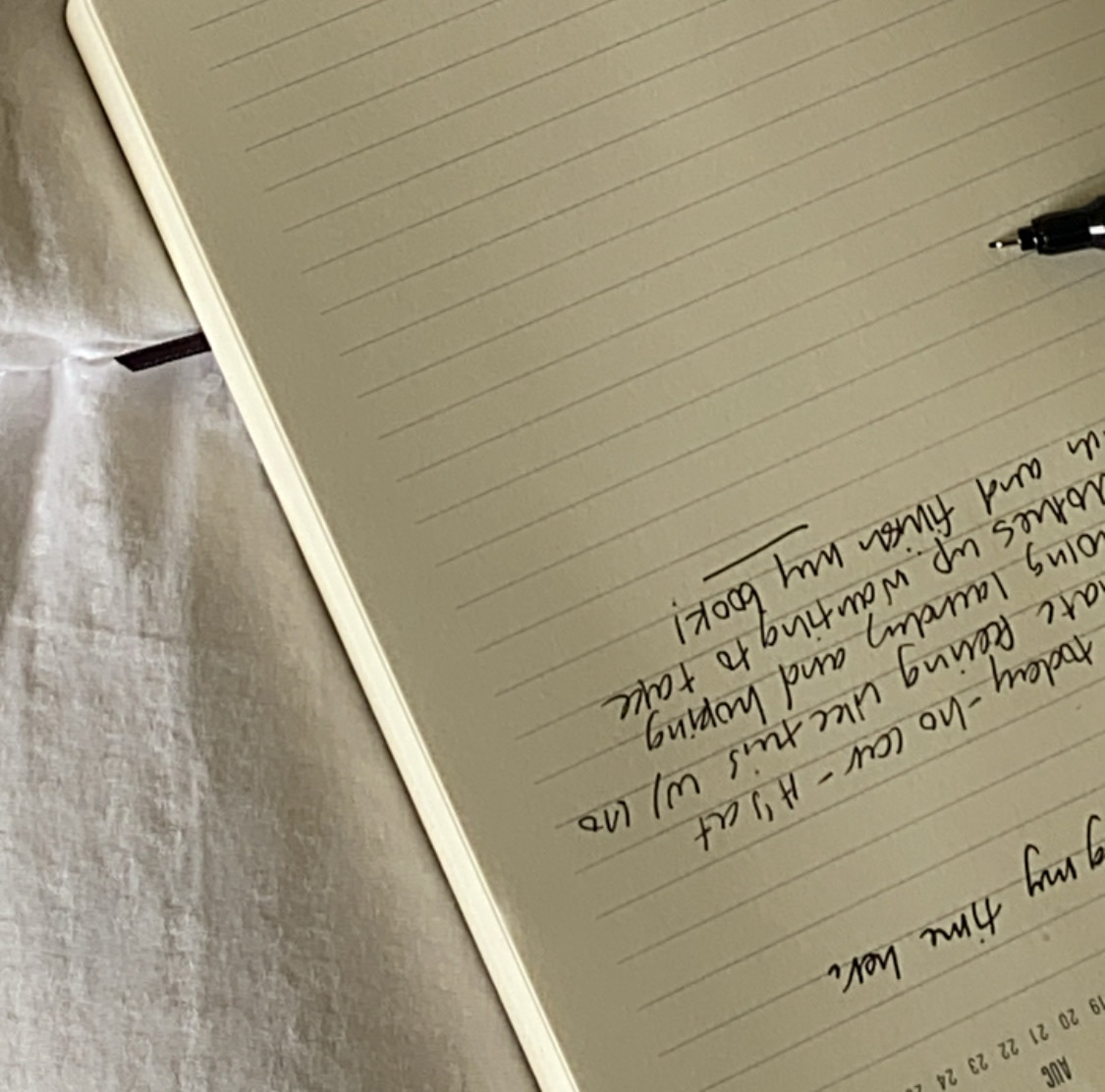
Feeling stuck or scattered? These poetry-based techniques help you slow down, name what’s real, and get clear with yourself.

Setting goals can feel like trying to fit yourself into a box you didn’t ask for. You pick something you think you should want, slap a deadline on it, and suddenly you’re in a full-blown stress spiral about why you haven’t hit your target. If that’s familiar, you’re not alone. Traditional goal-setting tends to ignore everything that makes you human: your feelings, your energy, your shifting priorities, even your need for rest. Holistic goal-setting is a different approach. Instead of pushing you harder, it helps you move smarter. It blends structure (because yes, we still need a plan), intuition (because your gut knows what matters), and self-care (because burnout isn’t a badge of honor). This way, your goals don’t just help you “get stuff done.” They help you build a life that actually fits you. So if you’re ready to set goals without setting yourself up for failure or exhaustion, let’s talk about what that looks like in real life. What Traditional Goal-Setting Gets Wrong Most of us are taught to set goals using formulas. You’ve probably heard of SMART goals: specific, measurable, achievable, relevant, time-bound. Sounds good on paper. But in practice, it can feel a lot like micromanaging yourself. And guess what? That kind of pressure doesn’t always motivate people. Sometimes, it just leads to stress, guilt, and a quiet decision to give up halfway through February. The productivity trap Chasing goals like a to-do list can leave you exhausted. Productivity culture wants you to believe that checking off more boxes means you’re doing better. But if you’re constantly pushing and never pausing, you end up stuck in a loop of doing more without feeling better. That’s not success. That’s burnout dressed up in a blazer. Rigid structures ignore real life Life isn’t predictable. It comes with curveballs, energy dips, and weird timing. Traditional goals tend to follow a linear model: decide, commit, execute, finish. But most people don’t move in a straight line. Sometimes you start strong, hit a wall, backtrack, reimagine, and move forward again. That’s not failure. That’s how growth actually works. Guilt doesn’t create motivation When we miss a goal, the usual reaction is to double down or shame ourselves into doing better. That just adds emotional weight to something that’s already heavy. You’re not lazy for needing breaks. You’re not failing because your motivation dipped. And you’re definitely not broken because a 30-day challenge didn’t “transform your life.” Misaligned goals feel like chores If your goals are based on what looks impressive, not what feels meaningful, they’ll drain you instead of energizing you. A goal should spark something. It should feel like a stretch you want to make, not an obligation that looms over you. Chasing the wrong goals often leads to frustration, not fulfillment. Letting Intuition Guide the What and the Why Most of us don’t get taught how to listen to our intuition. We’re told to pick goals that are logical, strategic, and “good for us.” But the goals that truly stick, the ones that feel right, usually come from somewhere deeper. That’s where your intuition comes in. It’s the quiet voice that nudges you toward what you actually want, not just what you think you should want. Your body usually knows first You might not realize it, but your body gives you clues all the time. You light up when you talk about certain things. You feel drained just thinking about others. That reaction? It’s data. If the idea of a certain goal makes your shoulders tense or your stomach sink, it might not be your goal. And that’s OK. On the flip side, pay attention to what makes you feel alive. That feeling is worth chasing, even if it doesn’t make perfect sense on paper. Joy and curiosity are underrated when it comes to planning your future. Tune in before you plan Before you start mapping out goals, take a minute to check in. Journaling is a great tool for this. Try writing freely about what you want your life to feel like in six months, a year, or five years. What themes pop up? What words keep repeating? You can also use visualization (picture your ideal day or week), tarot or oracle cards (if that’s your thing), or just quiet time without distractions. You don’t need fancy rituals. Just space to hear yourself. Intentions vs. instructions Traditional goals tend to sound like commands: “Work out five times a week,” “Save $5,000,” “Launch that project.” Those can be helpful, but they’re also a bit rigid. Try setting intentions instead. Think: “Move my body more,” “Feel financially grounded,” “Share my ideas creatively.” This opens the door for flexibility. You can still have structure. It’s just kinder and more responsive. You’re not failing if you adapt. You’re succeeding if you stay in tune with what matters most. Cycles are your friend Your energy, focus, and motivation will change with the seasons, your hormones, your life phases — all of it. Holistic goals take that into account. Some months are for action. Some are for reflection. Some are for rest. If your goals allow room for ebb and flow, you’re more likely to stick with them and stay well while you do. Building Flexible Structures That Support You, Not Stress You Once your intuition helps you figure out what matters, it’s time to give those intentions some shape. But this part doesn’t have to feel rigid or intense. The structure you build around your goals should feel like scaffolding, something that holds you up without boxing you in. Systems work better than strict schedules You don’t need to plan every hour of your day. Instead, think about creating systems that make good habits easier to fall into. That could look like prepping your space the night before, bundling similar tasks together, or setting aside the same two mornings a week for focused work. You’re not forcing productivity. You’re just giving it room to happen. Loose structure leaves space for life to

